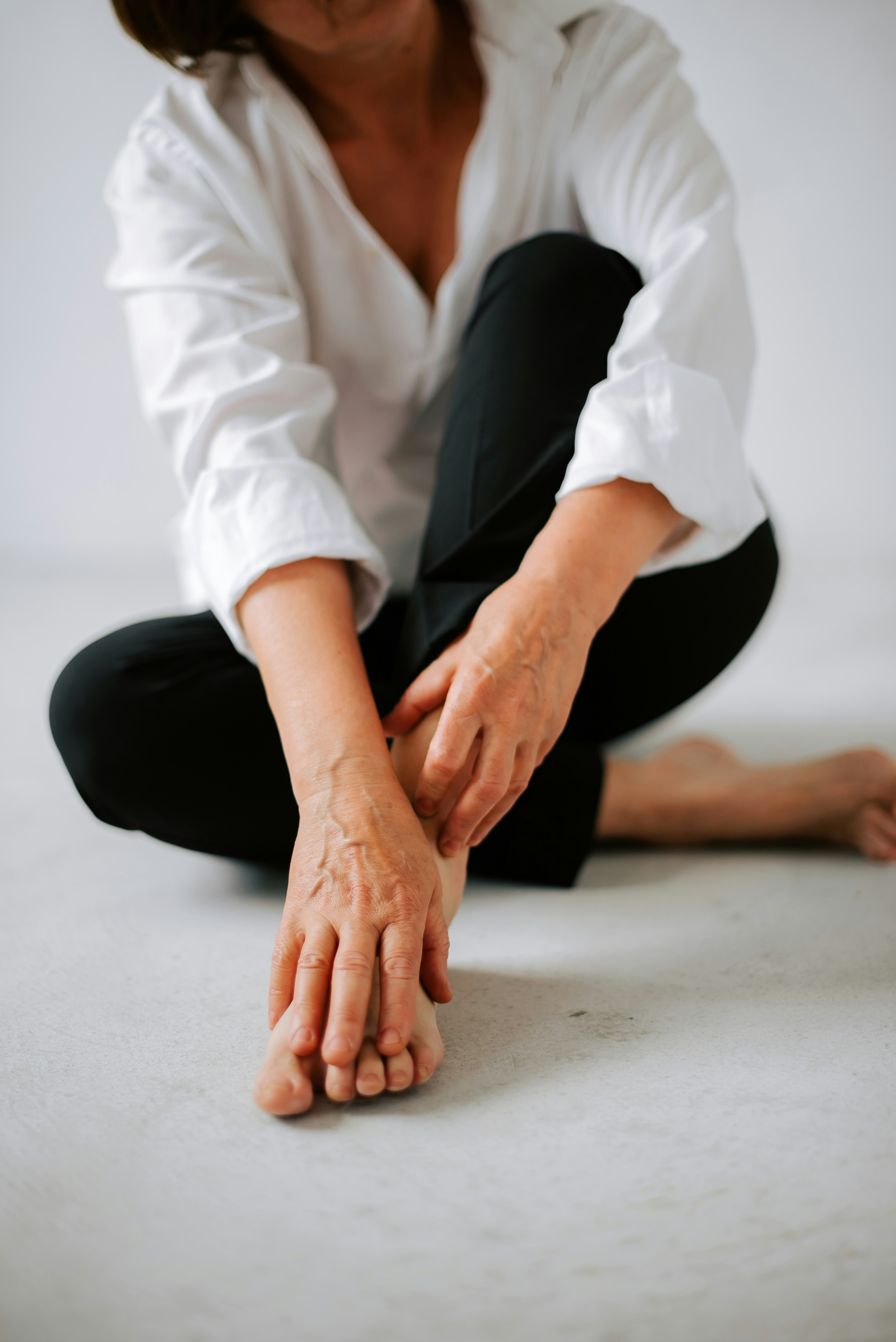
That moment when you look in the mirror and don't recognise the body staring back at you.
When clothes that fit last year suddenly feel like they belong to someone else.
When you find yourself googling "how to lose menopause weight" at 2 AM while fighting night sweats.
We see you. And we need to talk about what's really happening
Menopause is a significant life transition that most individuals with ovaries will experience, while it’s technically labelled as the day that marks one year without a period, it has three distinct stages:
These stages encompass many changes that can affect your sense of identity and self-perception.
The changes happening during this transition can feel overwhelming. After years of knowing your body in a certain way, suddenly:
This struggle is intensified by messages we've internalised throughout our lives:
When body image distress hits during menopause, many of us turn to familiar solutions: dieting and restriction.
Here's what actually happens when you restrict food intake:
That voice telling you to:
That's not your authentic self speaking. That's years of internalised body shame taking advantage of your vulnerability during a major life transition.
Over 80% of women aged 45-60 are unsatisfied with their body weight (Medeiros de Morais et al., 2024). On top of this, nearly 1 in 3 people in this age range struggle with disordered eating behaviours (Finch et al, 2023). Many women who struggled with food and body image in their younger years find themselves triggered during menopause. Others develop disordered eating for the first time as they try to "fight" their changing bodies.
Disordered or restrictive eating can significantly alter the hormonal balance in your body causing symptoms that overlap with menopause such as missed periods. These symptoms may mask those of menopause which is why it is key to recognise how menopause may be affecting you.
Some of the key symptoms associated with menopause:
Instead of fighting your body's natural adaptation process:
When you step off the self-criticism treadmill:
Your body is working hard to carry you through this significant life transition, and we understand that menopause can be both challenging and overwhelming. At Exhale, we offer a safe and supportive space where you can explore the changes that are happening in your body and their impact on your relationship with food. Our compassionate approach can help you navigate this journey with confidence, care, and a deeper understanding of your well-being.
References
Finch, J. E., Xu, Z., Girdler, S., & Baker, J. H. (2023). Network analysis of eating disorder symptoms in women in perimenopause and early postmenopause. Menopause, 30(3), 275–282. https://doi.org/10.1097/GME.0000000000002141
Medeiros de Morais, M. S., Macêdo, S. G. G. F., do Nascimento, R. A., Vieira, M. C. A., Moreira, M. A., da Câmara, S. M. A., Almeida, M. D. G., & Maciel, Á. C. C. (2024). Dissatisfaction with body image and weight gain in middle-aged women: A cross sectional study. PloS one, 19(1). https://doi.org/10.1371/journal.pone.0290380
Talaulikar, V. (2022). Menopause transition: Physiology and symptoms. Best Practice & Research Clinical Obstetrics & Gynaecology, 81, 3-7.
https://doi.org/10.1016/j.bpobgyn.2022.03.003
We do not offer a one size fits all but instead see each client as a whole person requiring an individualised approach.
View our servicesOur psychologists and dietitian are skilled in the areas of neurodivergence, eating disorders, & complex trauma.
Meet the teamOur approach is neurodiversity affirming, trauma-informed, weight neutral, and intersectional.
Book online